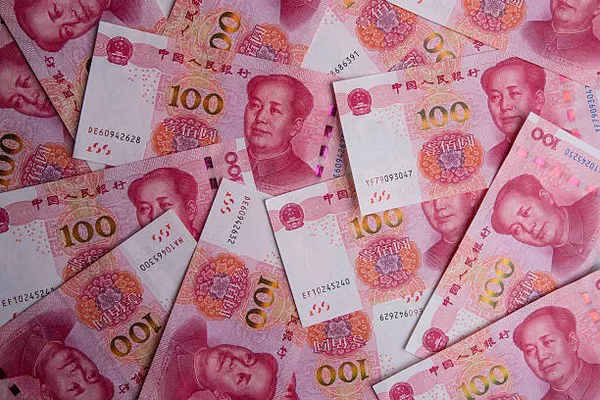The Chinese Yuan (CNY), also known as the Renminbi (RMB), stands as one of the pivotal currencies in the global economic landscape. Established in 1949, it has undergone significant transformations, transitioning from a heavily regulated currency to one with increasing internationalization. As China’s economy has surged, so has the prominence of the CNY. It is now the world’s second-largest economy, contributing to its currency’s status as a major player in international trade and finance.
Factors Influencing the Strength of the CNY
The strength of the CNY is influenced by a myriad of factors, both internal and external. Key among these are:
Economic Indicators: China’s GDP growth, inflation rate, trade balance, and industrial production heavily impact the CNY’s strength.
Monetary Policy: The policies set by the People’s Bank of China (PBOC) regarding interest rates, reserve requirements, and foreign exchange interventions significantly affect the CNY’s value.
Trade Relations: The bilateral trade relationships China maintains with other countries can influence demand for the CNY.
Global Market Sentiment: Investor confidence in China’s economic prospects and stability also plays a crucial role.
Government Intervention: The Chinese government occasionally intervenes directly in currency markets to manage the CNY’s value.
Comparison with Other Major Currencies
The CNY’s strength is often benchmarked against other major currencies like the US Dollar (USD), Euro (EUR), Japanese Yen (JPY), and British Pound Sterling (GBP). While it has steadily appreciated over the years, it still remains tightly controlled by the Chinese government compared to freely floating currencies like the USD and EUR.
Historical Performance of the CNY
Historically, the CNY was pegged to the USD until 2005 when China initiated a managed float system. Since then, it has gradually appreciated, albeit with occasional interventions to control volatility. The pace of appreciation has slowed in recent years amidst global economic uncertainties and trade tensions.
Current Status and Trends
In recent times, the CNY has demonstrated resilience amidst global economic challenges. China’s robust economic recovery from the COVID-19 pandemic has bolstered confidence in the currency. Additionally, efforts to internationalize the CNY, such as the Belt and Road Initiative and the establishment of offshore CNY centers, have contributed to its prominence in global trade and finance.
Impact of CNY Strength on Various Stakeholders
Exporters and Manufacturers: A stronger CNY can make Chinese exports more expensive, potentially impacting the competitiveness of Chinese goods in international markets.
Importers: Importers may benefit from a stronger CNY as it reduces the cost of imported goods and services.
Investors: For foreign investors, a strong CNY can increase the value of their investments denominated in CNY.
Chinese Consumers: A stronger CNY can lead to cheaper imports and lower inflation, benefiting Chinese consumers.
Multinational Corporations: Companies with significant operations in China may see fluctuations in their revenue and profits due to changes in the CNY’s value.
Potential Future Outlook
The future trajectory of the CNY’s strength is subject to various uncertainties, including:
Economic Growth: China’s ability to sustain robust economic growth will be pivotal in determining the CNY’s strength.
Trade Relations: The outcome of trade negotiations and geopolitical tensions could impact the CNY’s value.
Monetary Policy: The PBOC’s policies in response to inflationary pressures and financial stability concerns will also influence the CNY.
Tips for Dealing with a Strong or Weak CNY
Hedging Strategies: Businesses exposed to currency risk can utilize hedging instruments to mitigate the impact of CNY fluctuations.
Diversification: Diversifying currency exposure in investment portfolios can help reduce vulnerability to CNY movements.
Monitor Economic Indicators: Stay informed about China’s economic indicators and policy announcements to anticipate potential shifts in the CNY’s value.
Consult Experts: Seek advice from financial advisors or currency specialists to devise strategies tailored to your specific circumstances.
In conclusion
The Chinese Yuan’s strength is influenced by a complex interplay of economic, political, and market factors. While it has shown resilience and steady appreciation over time, the future trajectory remains uncertain amidst evolving global dynamics. Understanding these dynamics and adopting appropriate strategies is essential for navigating the opportunities and challenges presented by the CNY’s strength in global markets.


